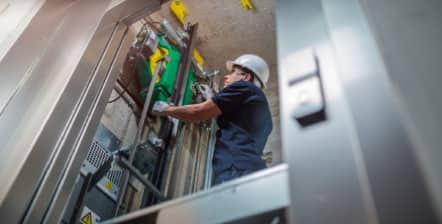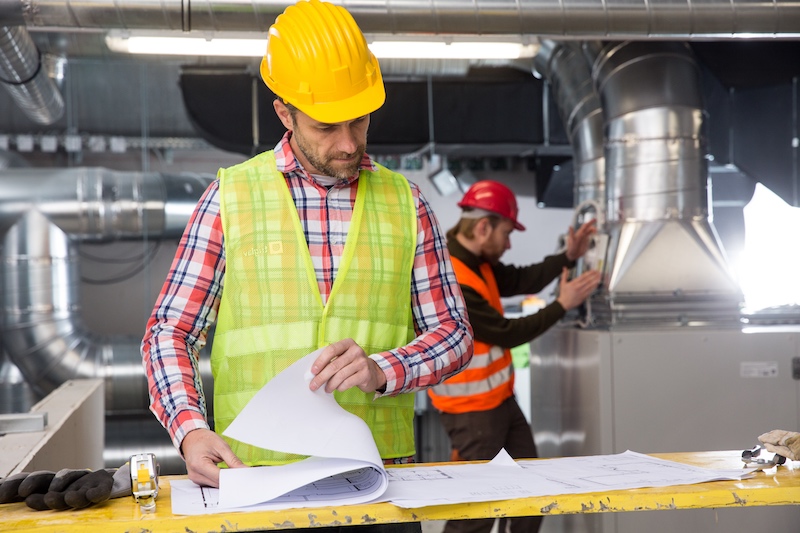
Auto insurance is a vital component of owning and driving a vehicle. It provides financial protection in case of accidents, theft, or other unforeseen events. However, have you ever wondered how auto insurance agencies assess risk and set premiums? In this article, we will delve into the secrets of auto insurance agencies and shed light on the factors that influence your insurance premiums.
The Importance of Risk Assessment in Auto Insurance
Auto insurance agencies operate by evaluating risk factors associated with insuring a driver and their vehicle. By assessing these risks, insurance companies can determine the likelihood of a policyholder filing a claim and the potential cost of that claim. This risk assessment plays a crucial role in setting insurance premiums, as higher-risk individuals are likely to pay more for coverage.
Factors Considered in Risk Assessment
- Driving Record: One of the primary factors that insurance agencies consider is the driver's past driving record. A history of accidents, traffic violations, or DUI offenses can significantly increase the risk profile of the driver.
- Age and Experience: Young and inexperienced drivers are often deemed higher risk due to their lack of driving history. On the other hand, older, more experienced drivers may be considered lower risk.
- Vehicle Type: The make and model of the vehicle being insured can also impact risk assessment. Sports cars and luxury vehicles may be more expensive to insure due to higher repair costs.
- Usage Patterns: How often and how far a driver travels can affect their risk profile. Those who commute long distances or use their vehicle for business purposes may face higher premiums.
- Location: The area where a driver lives and parks their vehicle can influence insurance rates. Urban areas with higher crime rates or accident frequencies may result in higher premiums.
Setting Auto Insurance Premiums
Once insurance agencies have assessed the risk associated with insuring a driver, they determine the appropriate premium to charge for coverage. Premiums are the amount policyholders pay for their insurance policy, typically on a monthly or annual basis.
Factors that Influence Premium Calculation
- Risk Profile: The higher the risk profile of a driver, the more they are likely to pay in insurance premiums. This is because insurance companies need to offset the potential cost of claims from higher-risk policyholders.
- Coverage Options: The type and amount of coverage selected by a policyholder can impact their premiums. Comprehensive coverage that includes protection against a wide range of risks will generally cost more than basic coverage.
- Deductibles: The deductible is the amount a policyholder must pay out of pocket before their insurance coverage kicks in. Choosing a higher deductible can lower premiums, as the policyholder is assuming more risk.
- Discounts: Many insurance companies offer discounts for various reasons, such as having a clean driving record, bundling multiple policies, or completing a defensive driving course. Taking advantage of these discounts can help lower premiums.
Adjusting Premiums Over Time
Auto insurance premiums are not set in stone and can be adjusted over time based on various factors. Insurance agencies regularly review policyholders' information to ensure that their premiums accurately reflect their risk profile and coverage needs.
Reasons for Premium Adjustments
- Renewal Period: When policyholders renew their insurance policies, insurance agencies may reevaluate their risk profile and adjust premiums accordingly.
- Life Changes: Events such as getting married, moving to a new location, or purchasing a different vehicle can impact insurance premiums. Policyholders should update their information with their insurance provider to ensure accurate premium calculations.
- Claims History: Filing claims can impact future premiums, as it indicates a higher likelihood of future claims. Policyholders with a history of filing frequent claims may face higher premiums.
Conclusion
Understanding how auto insurance agencies assess risk and set premiums can help drivers make informed decisions when purchasing insurance coverage. By being aware of the factors that influence insurance premiums, individuals can take steps to lower their risk profile and potentially reduce their insurance costs. Remember, safe driving practices and responsible behavior on the road can go a long way in securing affordable auto insurance coverage.


